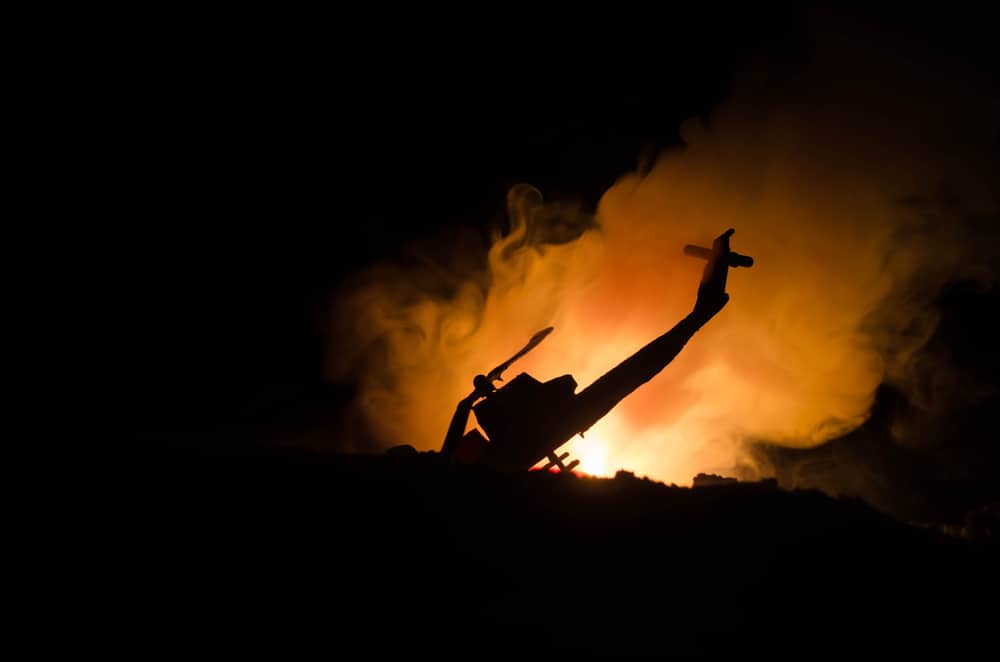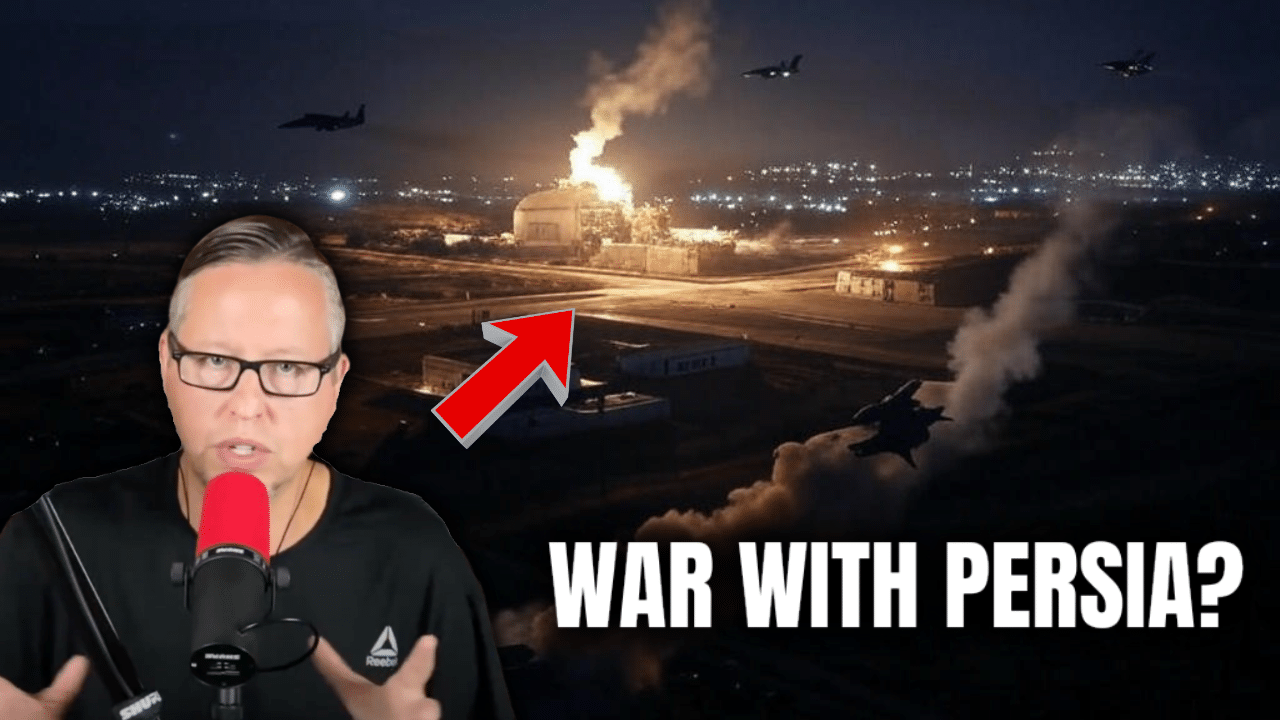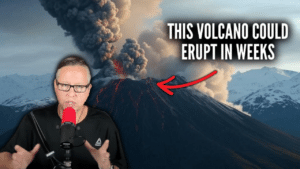A helicopter carrying Iranian President Ebrahim Raisi suffered a “hard landing” on Sunday, Iranian state media reported, without elaborating.
Raisi was traveling in Iran’s East Azerbaijan province. State TV said the incident happened near Jolfa, a city on the border with with the nation of Azerbaijan, some 600 kilometers (375 miles) northwest of the Iranian capital, Tehran.
Traveling with Raisi were Iran’s Foreign Minister Hossein Amirabdollahian, the governor of Iran’s East Azerbaijan province and other officials, the state-run IRNA news agency reported.
One local government official used the word “crash” to describe the incident, but he acknowledged to an Iranian newspaper that he had yet to reach the site himself.
Neither IRNA nor state TV offered any information on Raisi’s condition.
“The esteemed president and company were on their way back aboard some helicopters and one of the helicopters was forced to make a hard landing due to the bad weather and fog,” Interior Minister Ahmad Vahidi said in comments aired on state TV.
“Various rescue teams are on their way to the region but because of the poor weather and fogginess it might take time for them to reach the helicopter.” He added: “The region is a bit (rugged) and it’s difficult to make contact. We are waiting for rescue teams to reach the landing site and give us more information.”
Two top Biden administration officials held indirect talks with Iranian officials in Oman this week on how to avoid escalating regional attacks, two sources with knowledge of the talks told Axios.
The talks — involving President Biden’s top Middle East adviser, Brett McGurk, and Abram Paley the acting U.S. envoy for Iran — were the first round of discussions between the U.S. and Iran since January, when similar negotiations were held in Oman.
The talks occurred just over a month after Iran’s unprecedented missile assault on Israel on April 13.
The attack put the Middle East on the cusp of a regional war.
Iran fired 350 ballistic missiles and drones toward Israel in retaliation for Israel’s assassination of Brig. Gen. Mohammad Reza Zahedi, a top Iranian Quds Force general in charge of that nation’s military operations in Lebanon and Syria.
It was the first-ever direct attack on Israel that had been launched from Iranian soil.Zahedi had been killed in an Israeli airstrike that targeted a building near the Iranian Embassy in Damascus.
Iran’s attack was defeated in an unprecedented joint air and missile defense effort by Israel, the U.S., the U.K., France, Jordan and Saudi Arabia. Several days after the attack, Israel responded with a targeted strike on an S-300 air defense system at Iranian air force base.








